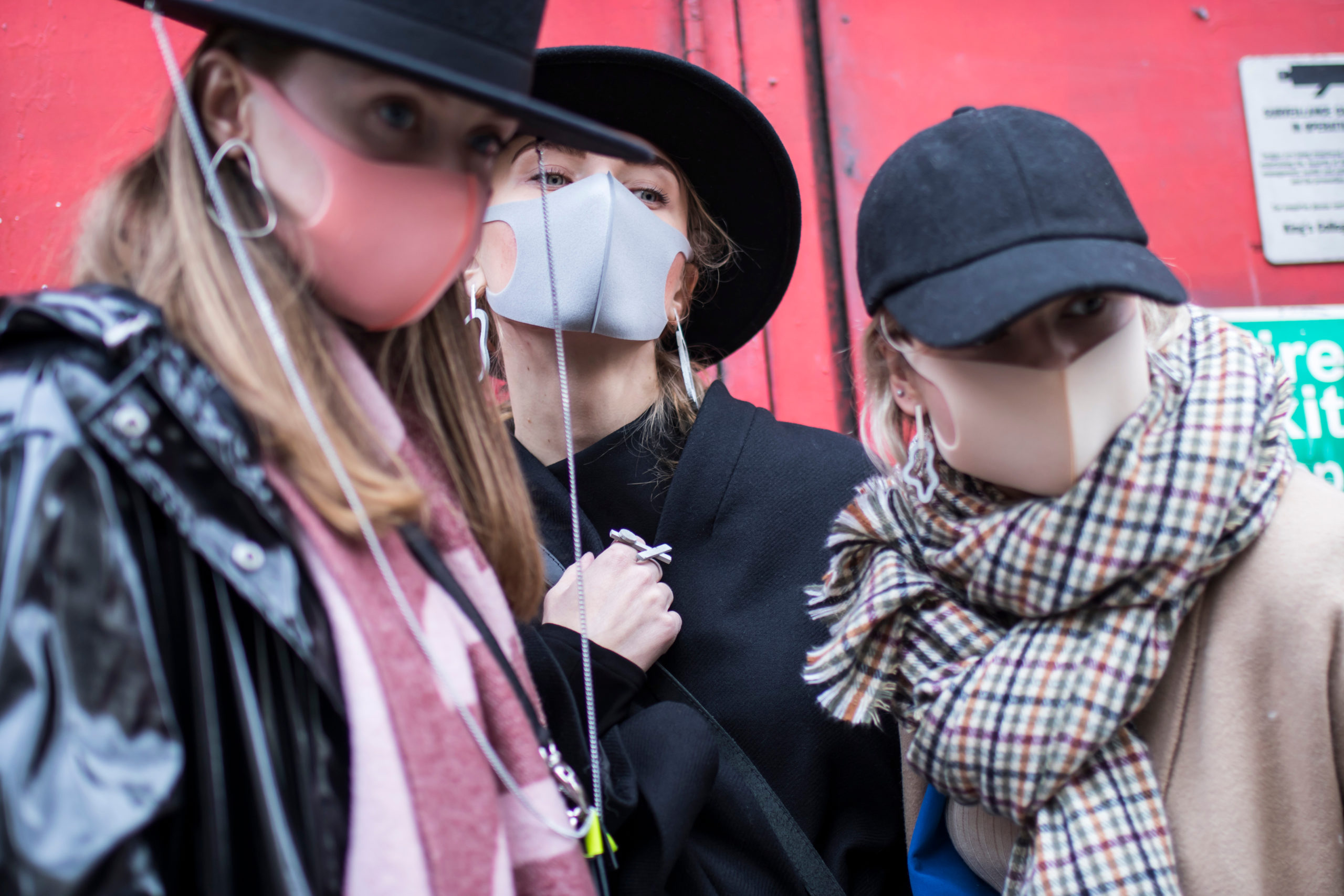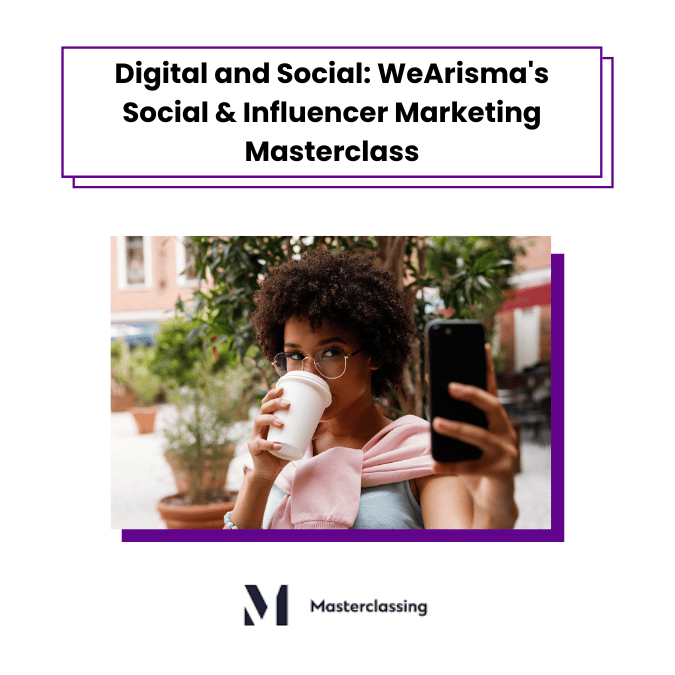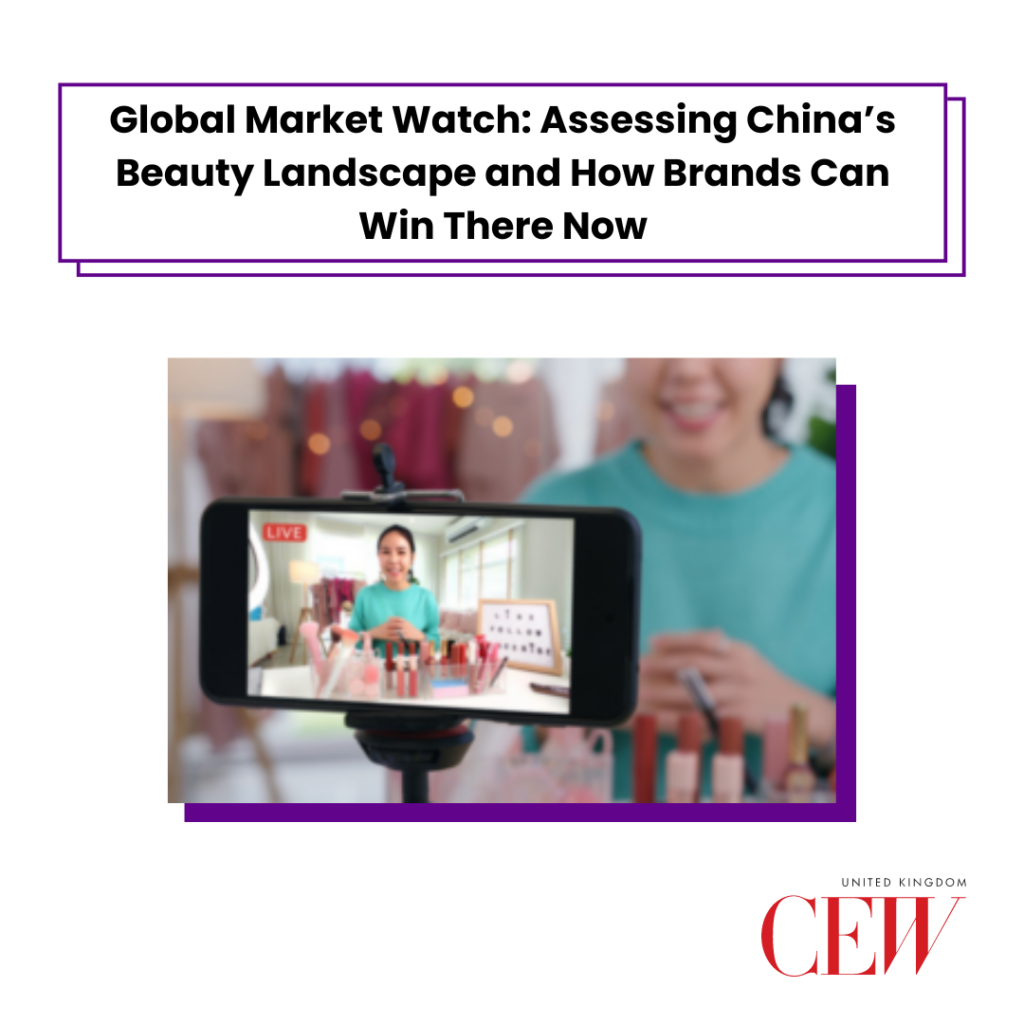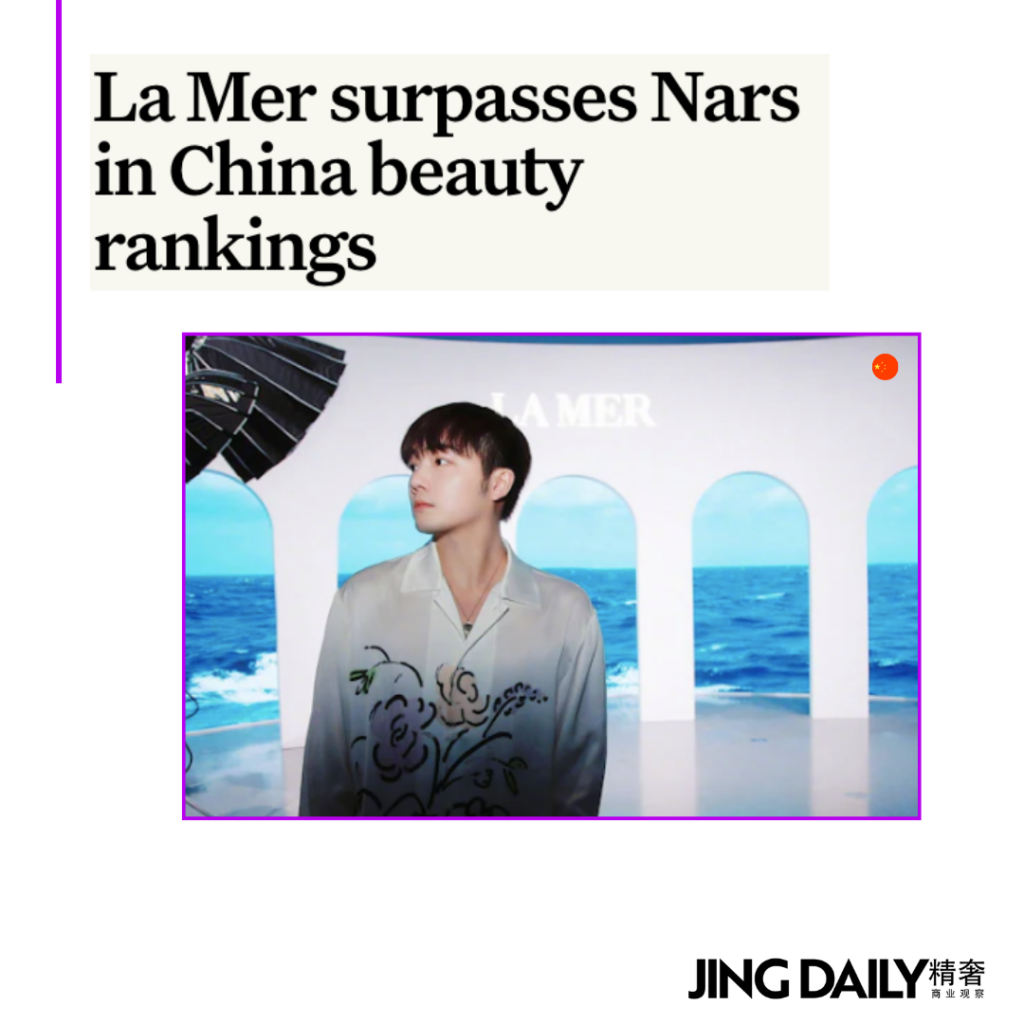
How the Coronavirus is ushering consumers into their online worlds

With news of the virus across APAC spreading to Europe, Middle East and the US, global effects are beginning to show. Amidst fears of further spread, stock markets have plummeted and at the time of writing, the worst week since the 2008 financial crisis.
Our Brand Advisory team at Wearisma have been monitoring the situation closely to assess consumer sentiment from the lens of social and influencer conversations. Not only have our insights outlined the depth of the impact to Fashion Week, we’ve uncovered the specific content categories that consumers have been flocking to as the outbreak pushes them out of the physical world and into their online ones.
Below are our observations since our last post:
Overall, interest in conspicuous consumption continues to take a back seat
Our team have discovered that when comparing conversations from January-February 2019 to the same period dates this year, global consumer interest surrounding leading brands in Luxury, Beauty, Fashion and Hotels have dropped by 6%, when compared to the same period last year in Jan and Feb 2019.
However, the local trends are more nuanced than the global number with significant decreases in China and the UK. In China, we’ve witnessed a staggering 45% drop in conversations by influencers surrounding the top luxury, fashion, and beauty brands compared to the same period in 2019.
Surprisingly, in the UK, where we’ve only recently witnessed an increasing spread of cases, there has been an equal shift in the focus of online conversations. Namely, Wearisma data has discovered a considerable drop in conversations surrounding top Luxury, Beauty, and Fashion brands, of up to 17%. Even more recently, in the last 4 weeks our analysis has shown conversations have further dropped to approximately 22%.
Compared to a 6% drop worldwide, it seems that while consumer confidence has been dampened in some parts of the world, the impact has not been felt in a significant way globally as yet.
Interest in Fashion Week dwindles
In the physical world, we have seen major events impacted, postponed and/or cancelled. For example, Fashion Month has been significantly affected, as a result of imposed travel restrictions and a shift in consumer focus. Understandably, with a reduction in attendees there has been a reduction in Fashion week content and subsequently, fashion week conversations. So far, we have seen a significant drop in conversations surrounding New York Fashion Week (NYFW) and London Fashion Week (LFW) compared to last season. With 73% decrease in mentions in NYFW and 67% drop in LFW. Recently, Milan Fashion Week has been sorely impacted due to the unfortunate outbreaks in Northern Italy, resulting in Armani closing their show to the public, opting to livestream it.
As the outbreak pushes people indoors and online, taking Armani’s route and opting to switch to the virtual world appears to be an optimal solution. However, as Wearisma’s analysis has discovered, as a content category, fashion is losing the battle for online interest.
Certain content categories like beauty appear to be a source of refuge
In general, while we’ve seen a reduced appetite for conversations about shopping and brands, we’ve witnessed a shift towards online content and entertainment consumption for specific content categories. For example, for those who have been impacted in lockdown and quarantined areas in China, online content consumption in certain verticals, such as Beauty vloggers’ and influencers’ tutorials has grown. L’Oreal have reported an increase in online make-up sales in February and we’ve also seen a 328% increase in engagement of content of the top 25 beauty brands in China in Jan and Feb 2020 compared to the same period last year. We hypothesise that this success has arisen from the nature of the videos which are quick and cheap to make, allowing them to be produced en-masse. As highlighted by psychological research, it’s possible that habitual routines like applying make-up are gaining in popularity with bored, housebound, digital savvy consumers due to their ability to alleviate stress and anxiety.
How should brands respond to this global health emergency?
As mentioned in our previous post, it’s time for brands to assume the responsibility expected of them, and take action to support those affected by the outbreak.
Get in touch for further actionable insights into how Wearisma can help you support your consumers during this difficult time.


